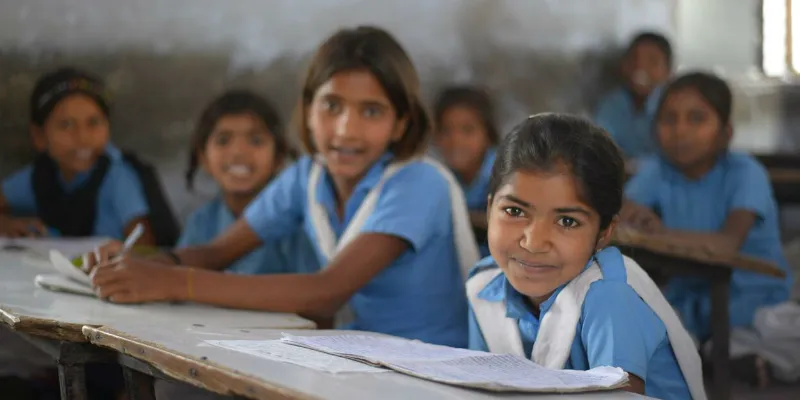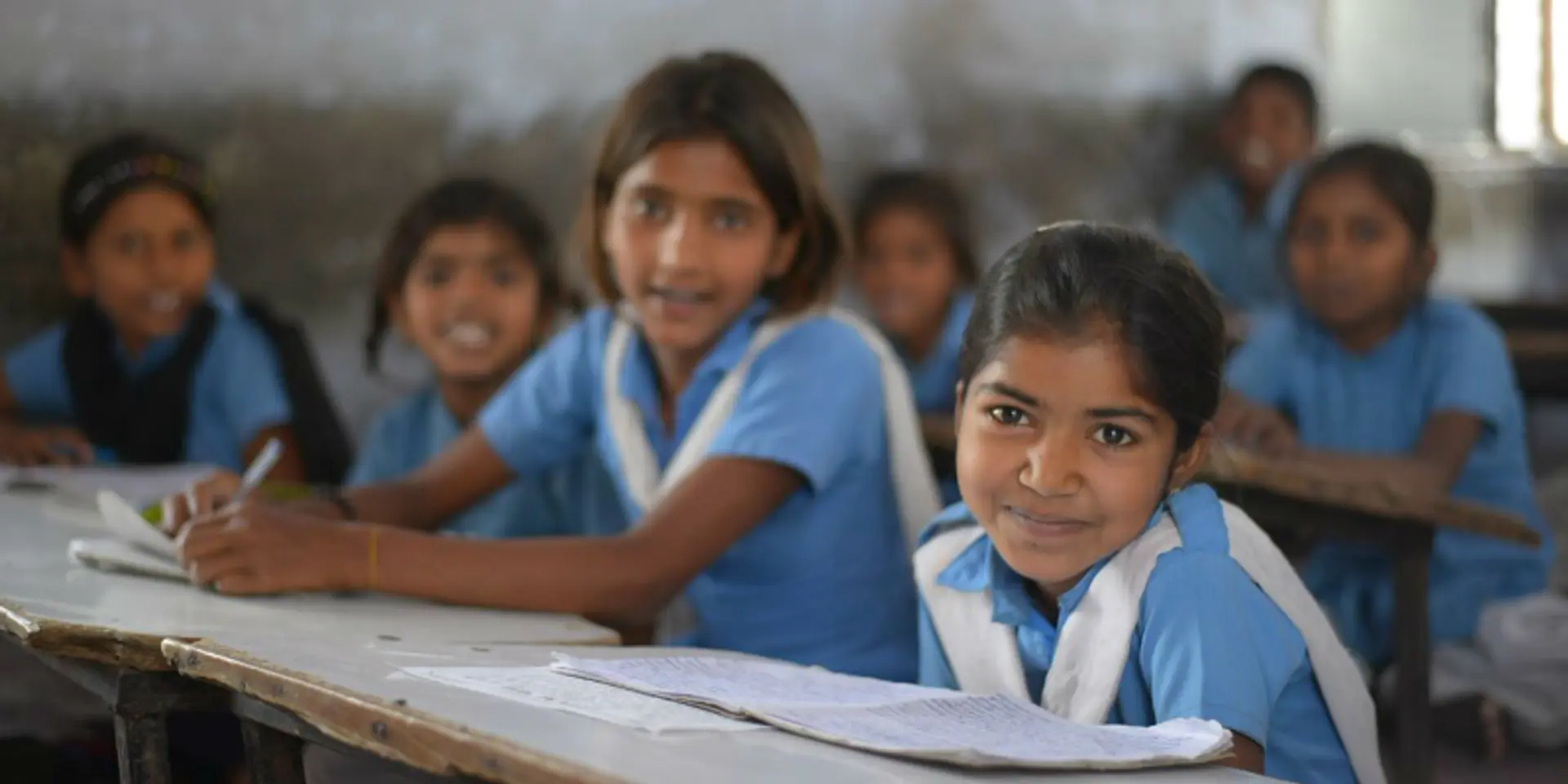1.6 lakh boys and girls will now be peer educators to adolescents
The Centre today launched a nationwide programme under which 1.6 lakh boys and girls will work as peer educators to adolescents and respond to their queries on key health issues including mental and physical changes, nutrition and addiction.

Union Health Secretary C K Mishra launched the 'Saathiya' resource kit, including 'Saathiya Salah' mobile application, for adolescents as part of the Rashtriya Kishor Swasthya Karyakram (RKSK).
One of the key interventions under the programme is the introduction of the peer educators (saathiyas) who will act as a catalyst for generating demand for the adolescent health services and imparting age-appropriate knowledge on key adolescent health issues to their peer groups.
We (India) were among the first countries to launch an exclusive programme related to adolescent and well-being, which was called RKSK. We have been debating how to push RKSK. It is not an easy job as we are talking about 26 crore adolescent population in the country. This is a critical mass of asset which is available to the country and if we can drive this asset in the right direction, this is going to be the biggest dividend in terms of contribution to economy, Mishra said.
He said that one of the best ways to reach out to the adolescents was to reach out to the community and therefore a system of peer education was designed.
These educators are largely from within the community, a boy and a girl, who we think with some amount of training can interact with adolescent population and some of the basic concern which they have, they will be able to address. The app and the kit that has been launched today is actually a tool to help educators take this job forward. We are talking about 1.60 lakh peer educators in the field who will be trained. Once they are trained, they will be using this kit to reach out to the adolescent population, Mishra said.
He said that even with so much expansion of social media, television and others, there are many unanswered questions in the minds of boys and girls in the villages today particularly related to good health and wellness.
This is an attempt to reach out to them. This is a very ambitious programme because apart from health, we are also talking about behavioural change. It is not about Health Ministry approaching adolescents with health messages, it's about changing thought, behaviour and lifestyle in adolescent, he said.
Mishra said that India is home to 253 million adolescents, which is the largest in the world in terms of absolute numbers and when reproductive, maternal, newborn and child health (RMNCH) programmes were launched globally, India was the first country to add the '+A' i.e. adolescent component to the RMNCH, making it today's RMNCH+A programme'.
RKSK launched in 2014 identifies six strategic priorities for adolescents -- nutrition, sexual and reproductive health (SRH), non-communicable diseases (NCDs), substance misuse, injuries and violence (including gender-based violence) and mental health.
The peer educators will be trained across the country in a phased manner, ensuring optimum use of the resource kit, which is a ready source of a range of communication material specially designed to help them to be recognised and respected as 'saathiya', a good friend for the adolescents. The resource kit comprises an activity book, Bhranti-Kranti game, question-answer book and Peer Educator Diary.
In addition to the kit is the mobile app 'Saathiya Salah', which acts as a ready information source for the adolescents in case they are unable to interact with the peer educators.
While short films will be played by the peer educators at their group meetings, the activity book and games will bring about discussion and resolve adolescent queries. The shy adolescents or those unable to interact with the peer educators due to family reasons can access the information through the free mobile app as well as a toll-free helpline.
Diega Polacios, Country Director of the United Nations Population Fund (UNFPA), said the resource kit has been designed to present the peer educators with key information on adolescent health, which would then enable them to communicate the same and help the adolescents at the grassroots or village level.







